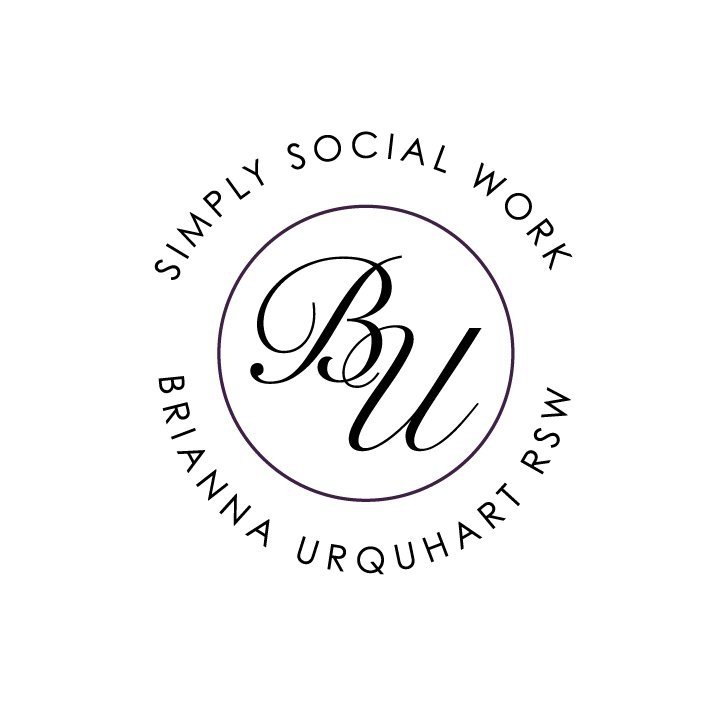5 Tips for Talking About Mental Health
Each and every one of us has mental health, just as we all have physical health. Sometimes we are healthy and are able to do well on our own, but other times we might struggle.
We all go through ups and downs, highs and lows, and this can take a toll on our mental health.
And that’s okay, that’s normal.
If you come down with a cold, you’re probably not going to feel ashamed and try to hide it from your friends and family. You’re more likely to take the time you need to recover and let people know why you’re cancelling plans.
Unfortunately, many of us don’t feel the same way when it comes to our mental health. It’s a hard thing to admit not just to others but also to ourselves. It can often feel uncomfortable or awkward to try and discuss our concerns when it comes to someone else’s mental health, too, such as a partner, family member, or friend.
But there ARE a few things you can do to make that conversation a little easier. Here are 5 things that can help discuss mental health.
Ask Twice
Most of the time, when a person asks you how you’re doing, you say “fine” or “good”.
“How are you?” is basically another way of saying “hi” in our society today.
When we’re not fine, we often say that we are because we don’t think the person is ready for the real answer. The real answer may be heavy and take time.
By asking the question again, in a different way, you’re letting them know that you have the energy and time to hear the real answer - that you really do want to know how they are.
You can also ask open-ended questions to learn more and get a better understanding of what they’re going through.
Set the Scene
It’s important to make sure that the environment is appropriate to have the conversation at all. Here’s a good checklist:
Having an open, judgement-free space is vital to setting the tone for the discussion. If the space and time is appropriate, and the person does open up to you, there’s a few things you can do to make them feel more comfortable.
Active Listening
Sometimes, the biggest help that you can be is simply when you listen.
Many people who struggle with their mental health often feel alone or are afraid that no one will understand what they’re going through.
Listening to them without interruption or judgement shows them that they aren’t alone and that they have compassionate support when they need it.
If you’ve struggled with depression and your friend is currently going through a similar experience, your instinct may be to recommend a strategy that worked really well for you. But this can actually make the person feel dismissed.
Instead, try to focus on relaying their acceptance and let me know if you understand what they’re saying, without changing the topic to your own experiences.
Don’t minimize their experience, either, with statements that might downplay their pain.
We’ve all heard these, right? “You’re just having a bad week” or “it’ll all work out”. (Insert eyeroll here!!)
Platitudes like these may sound comforting to the person saying them, but often they’re just a guarantee that the person on the receiving end won’t open up to you the same way again.
Let Them Lead
Even if the person appreciates you asking and feels comfortable talking about how they’re doing, they may not want to have a long, detailed conversation. Or maybe they’ve never talked about their mental health to anyone, and that level of trust and courage takes time to build. That’s okay.
Let them know, without any pressure, that you’re there to talk about as little or as much as they’re comfortable with.
Equally, be prepared to have conversations in the future. By reaching out and offering support, you’re letting them know that they aren’t alone, and they may trust you enough to turn to you again the next time they’re going through a rough time, or as they recover.
Have Resources Ready
Sometimes the person may ask if you have any advice or resources for them. If they do, then feel free to either mindfully share coping strategies that helped you if you’ve had a similar experience, or perhaps where they could find a mental health counsellor.
This might require some extra time or research ahead of time, and you might not get a chance to put your new information to good use, but that’s okay. It’s better to have them and not need them (vs the other way around!)
If you want to learn more about these tips, be sure to check out my video “How to Talk About Mental Health” on my YouTube channel!
If you’re worried about someone, I hope this helped you feel a little more prepared and confident to reach out to them.
If you do have a conversation, I hope that the strategies help you to have an open, empathetic connection that promotes healing for you both.




